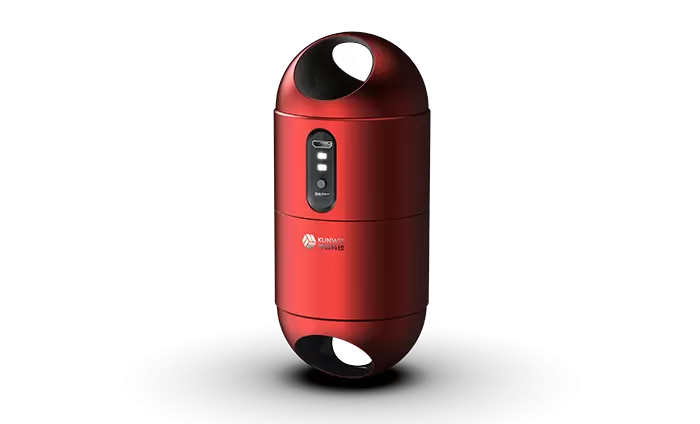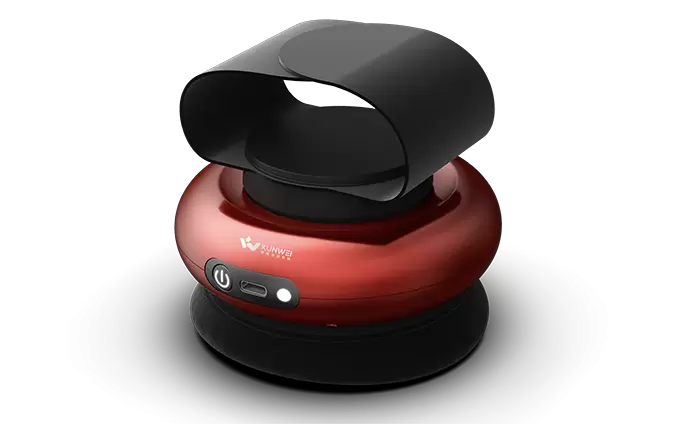Current location:Home > Products > Health Performance > Multifunctional Muscle Strength Testing System
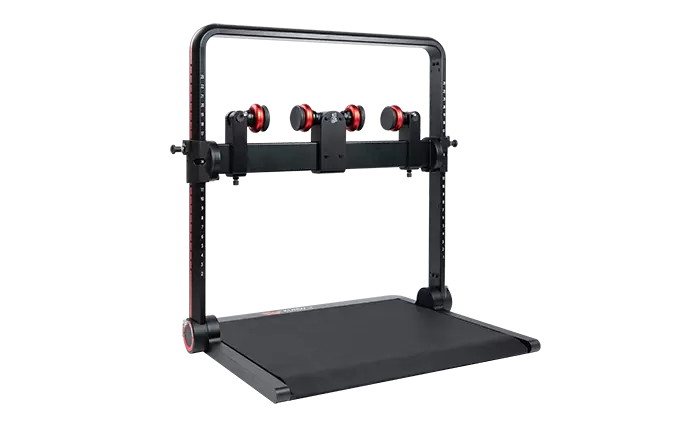
Featuring high-precision sensors, the system monitors tension, compression, and angle changes in real time, accurately captures peak values, and quantifies movement force and joint range of motion. Data is transmitted wirelessly via Bluetooth to the companion app, which provides immediate feedback. All metrics can be uploaded to the Kunwei Think Tank for centralized management and remote access, making it suitable for rehabilitation assessment, training monitoring, and personalized health management.
Product Advantages
● High-precision sensors capture and display training data in real time
● Bluetooth wireless transmission with cloud sync
● Portable all-in-one design with bilateral fasteners for wide compatibility
● Dedicated bilingual app with lifetime free updates
| Dimensions (length x width x height) mm | 1372×600×388 | Sampling resolution 4 | Bit2 |
| Weight kg | 20 | Digital output frequency | Hz500 |
| Range N | 3000 | Working temperature℃ | -20~60 |
| Overload level N | 6000 | Working humidity %RH | Max.95 |
| Data transmission method | Bluetooth | Minimum battery power supply time h | 8 |
The system integrates high-precision sensing technology to accurately capture tension, compression, and joint angle changes in real time during human movement. It precisely identifies peak force values and quantifies joint range of motion (ROM).
Test data is transmitted wirelessly via Bluetooth to the software, enabling real-time visualization and immediate feedback. The system automatically generates comprehensive analysis reports containing key metrics such as peak force, average force, and ROM data.
Supporting over 78 movement patterns and offering 500 Hz high-frequency sampling, the system is suitable for tension/compression testing and mobility assessment of multiple joints including the neck, shoulder, and knee.
All data seamlessly syncs to the Kunwei Think Tank cloud platform, enabling centralized multi-device data management and remote collaborative access. This provides a powerful intelligent solution for rehabilitation assessment, training monitoring, and personalized health management.
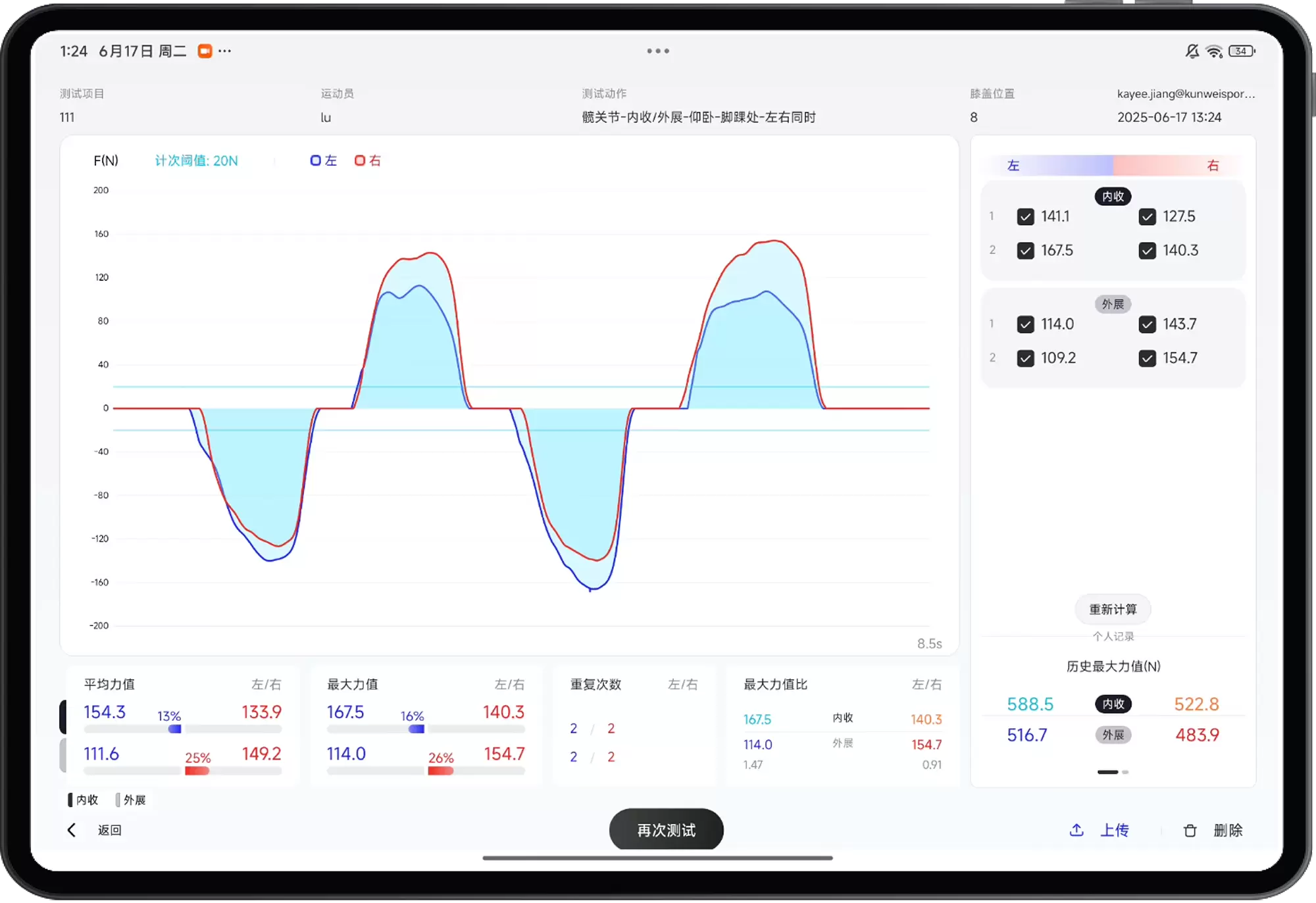
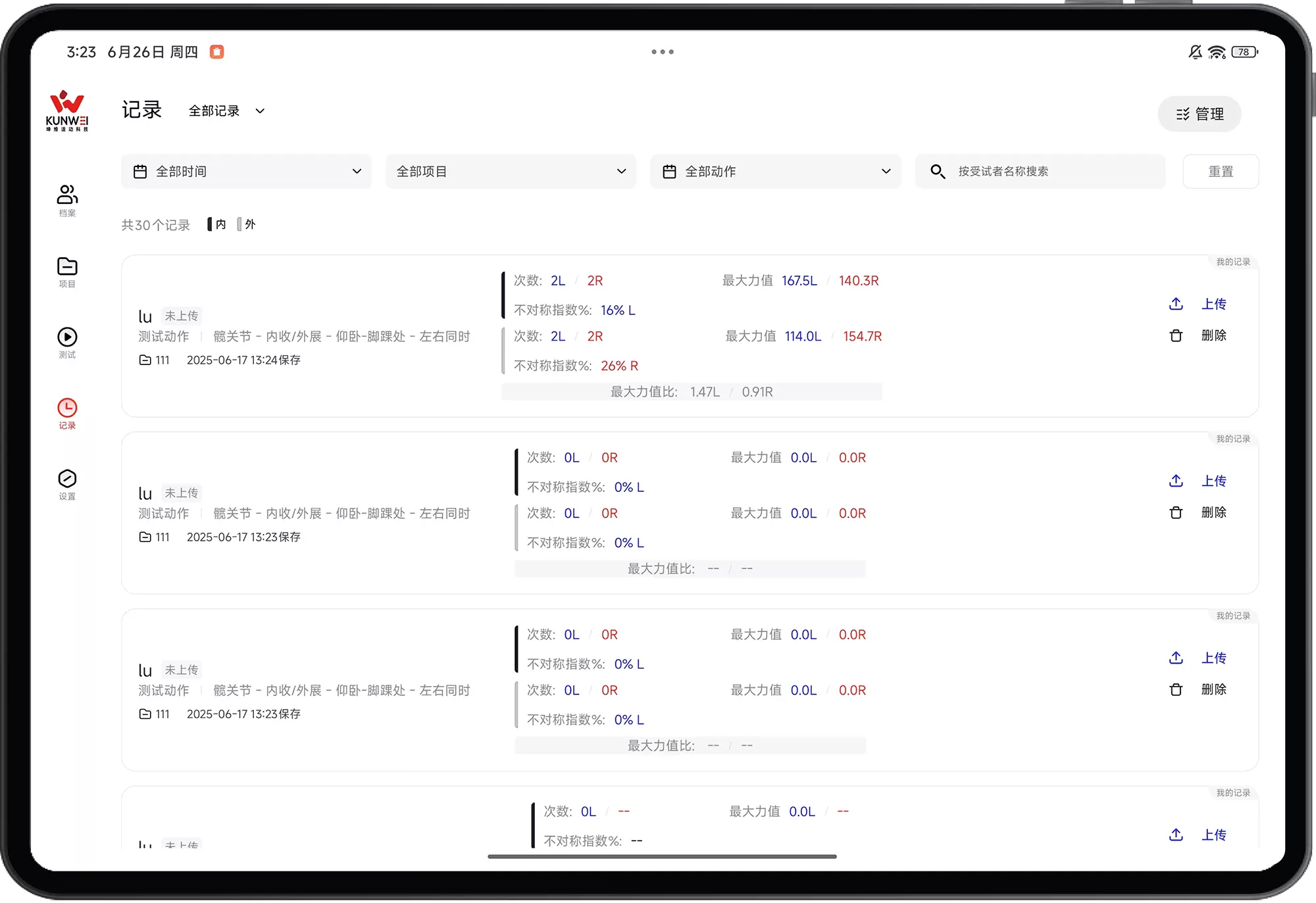
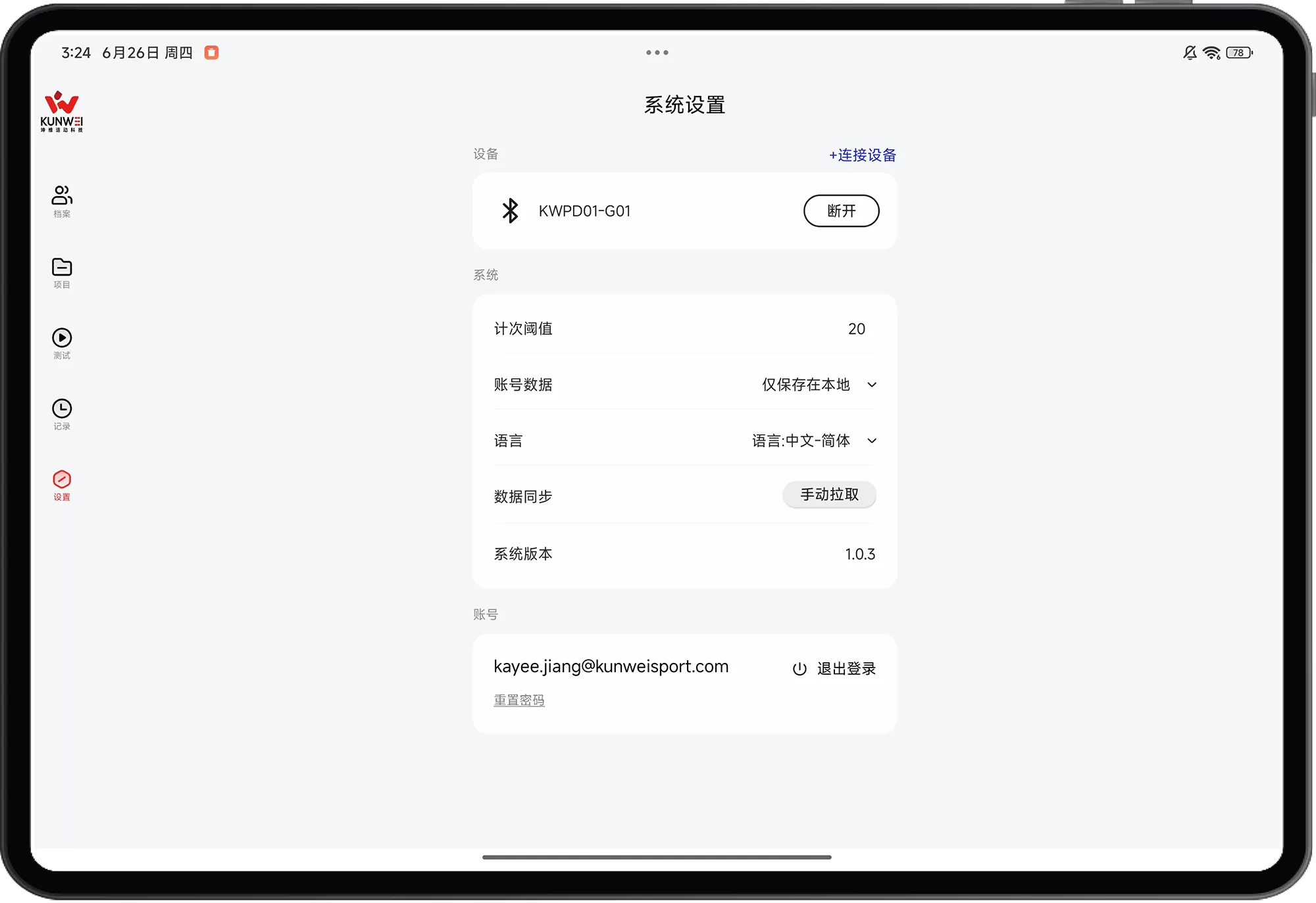
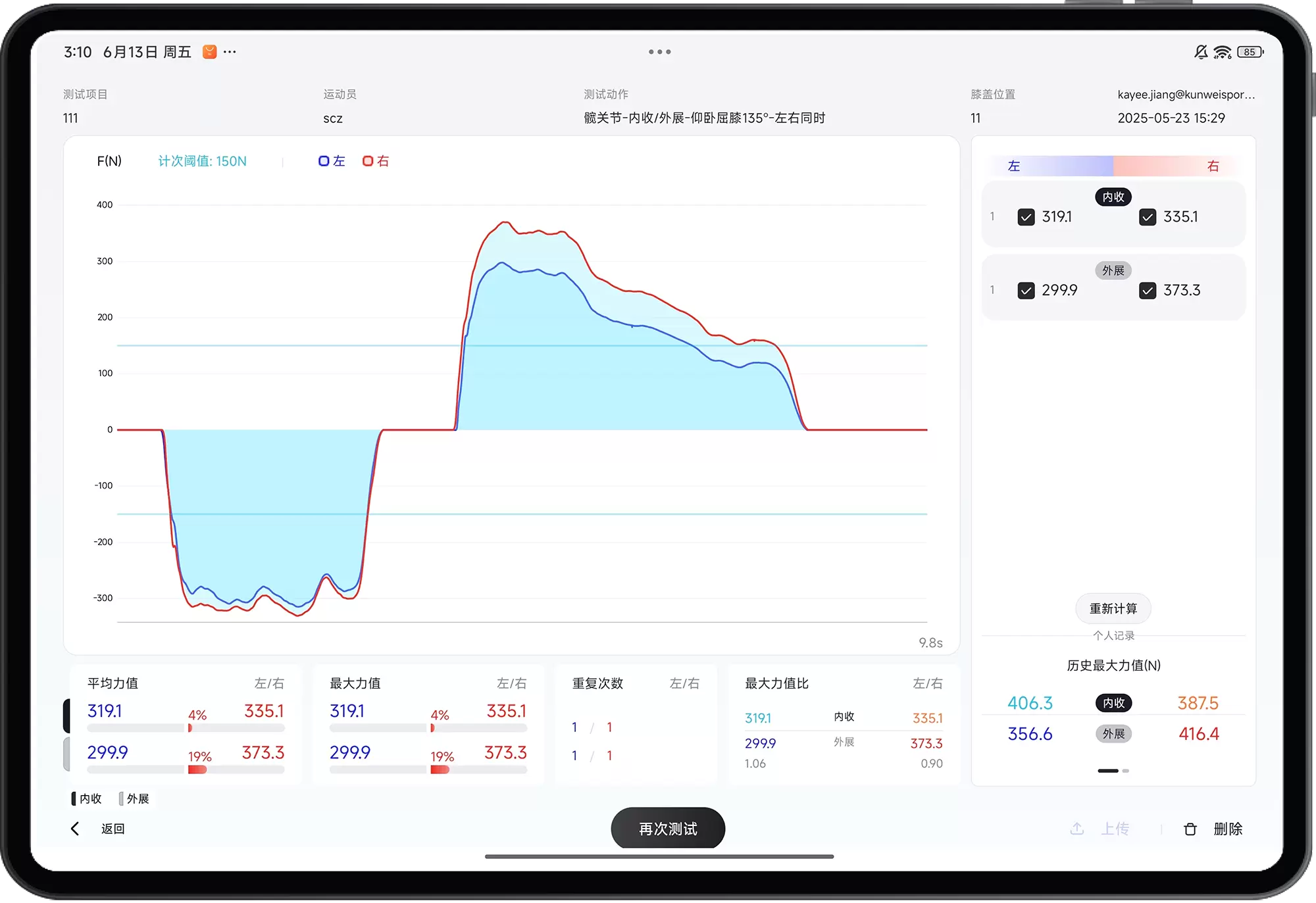
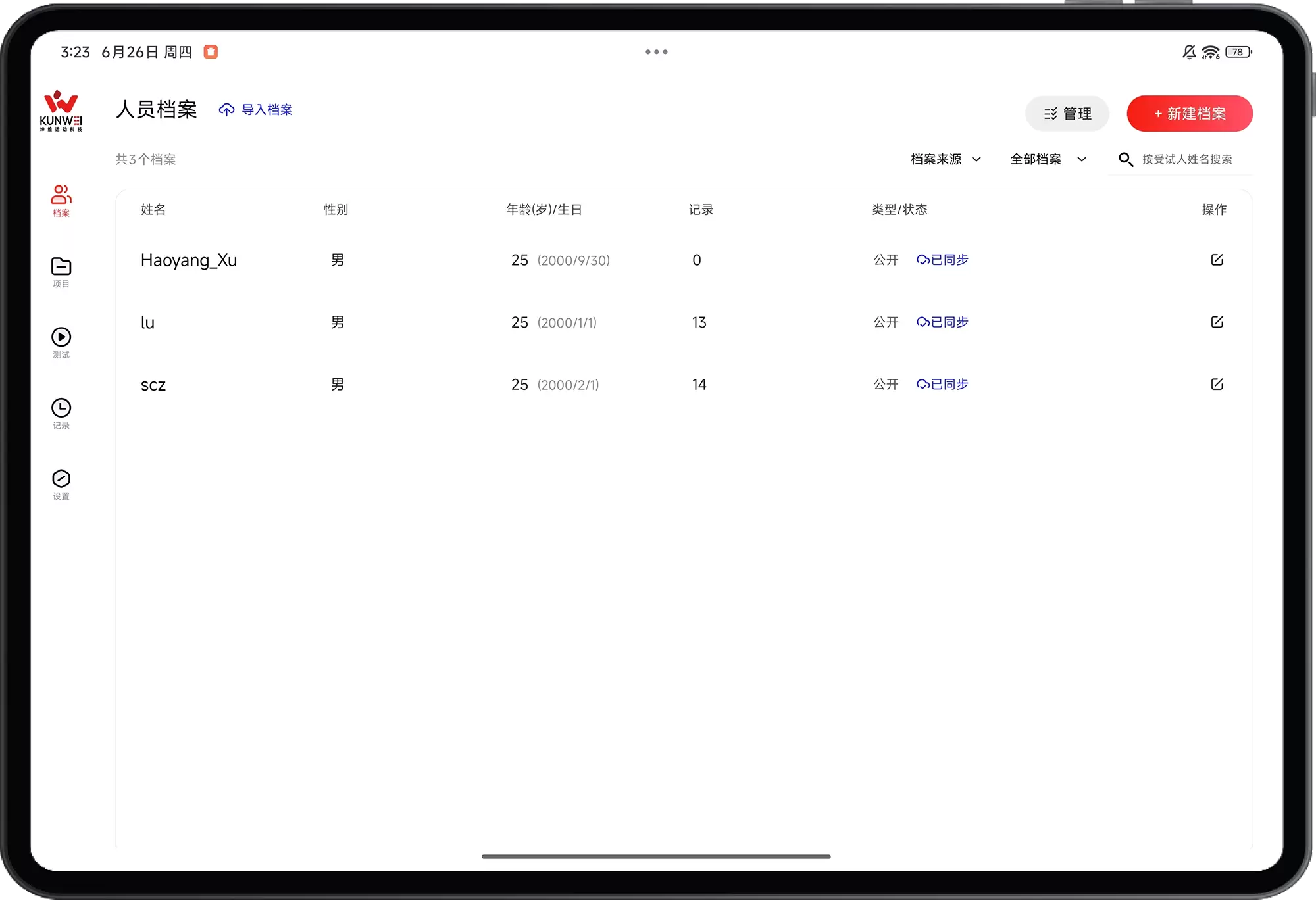
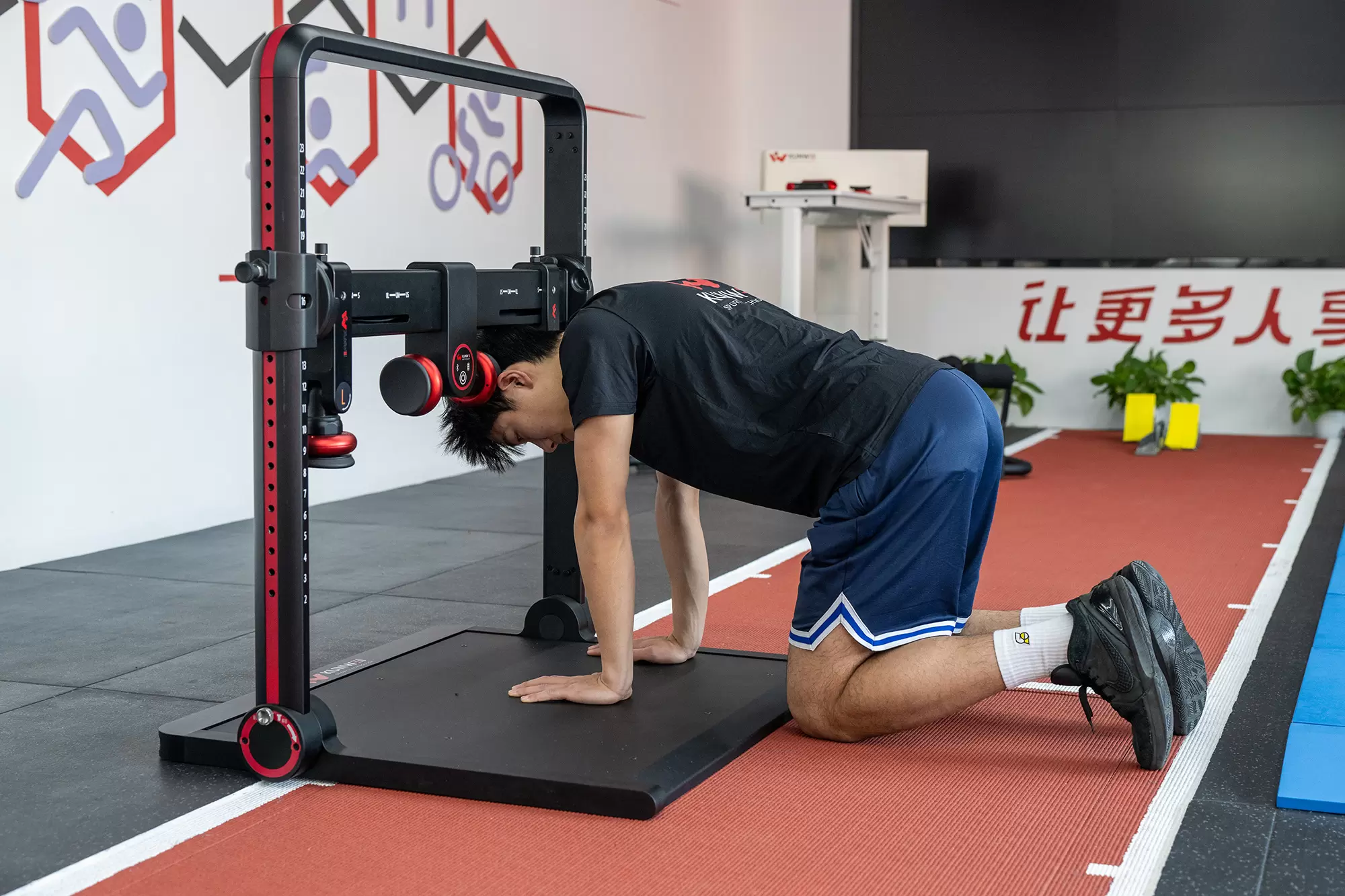
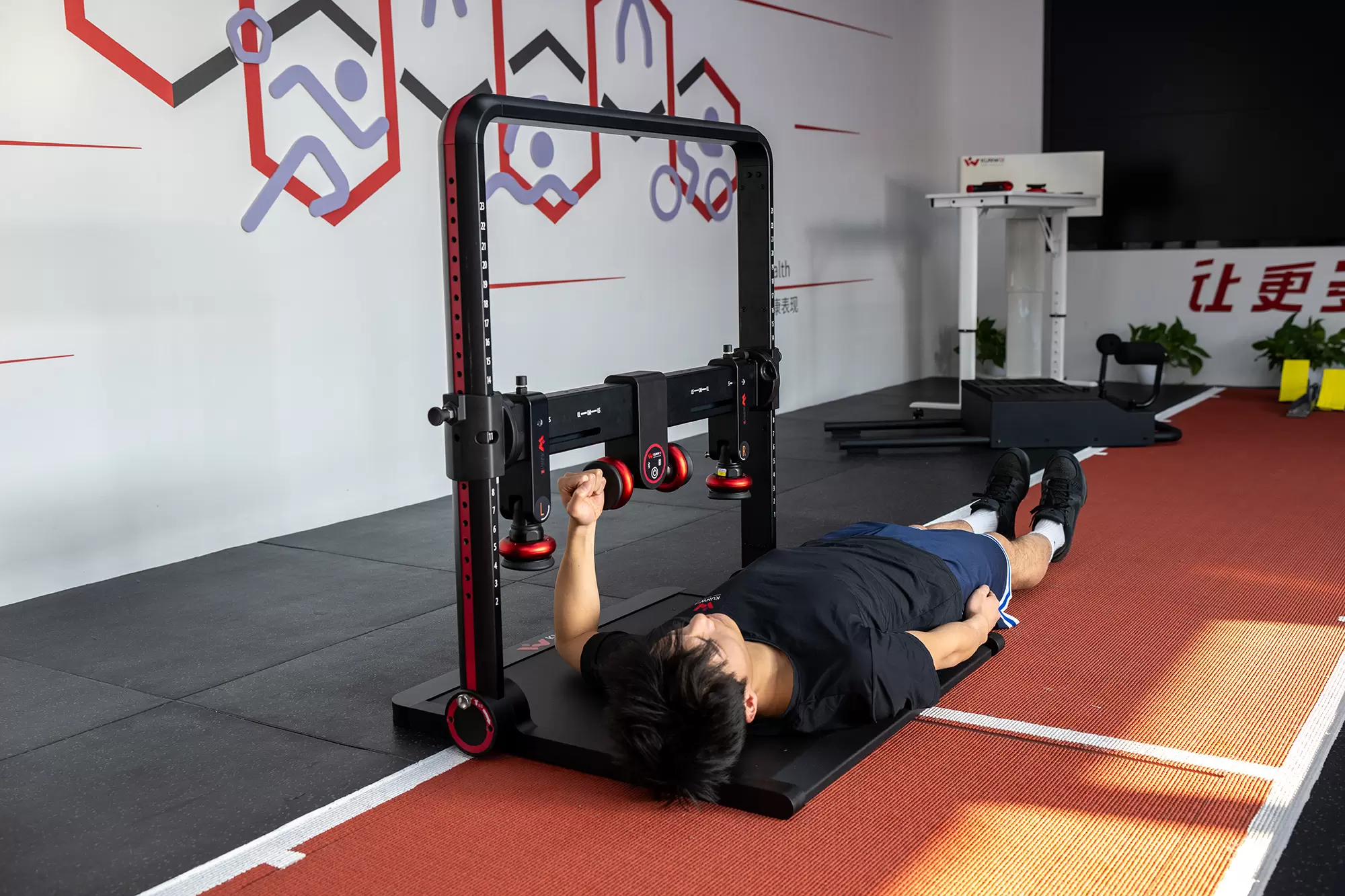
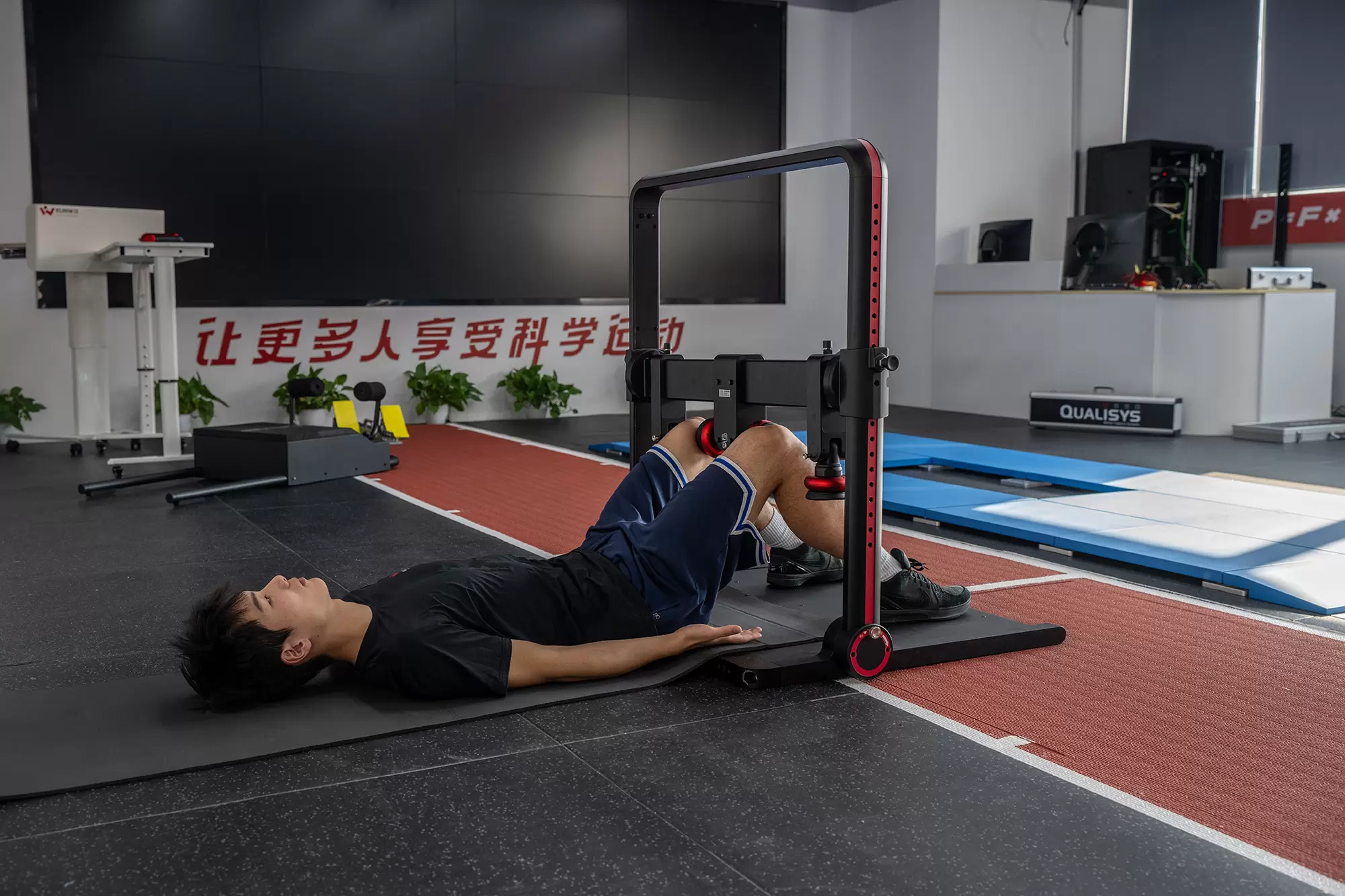
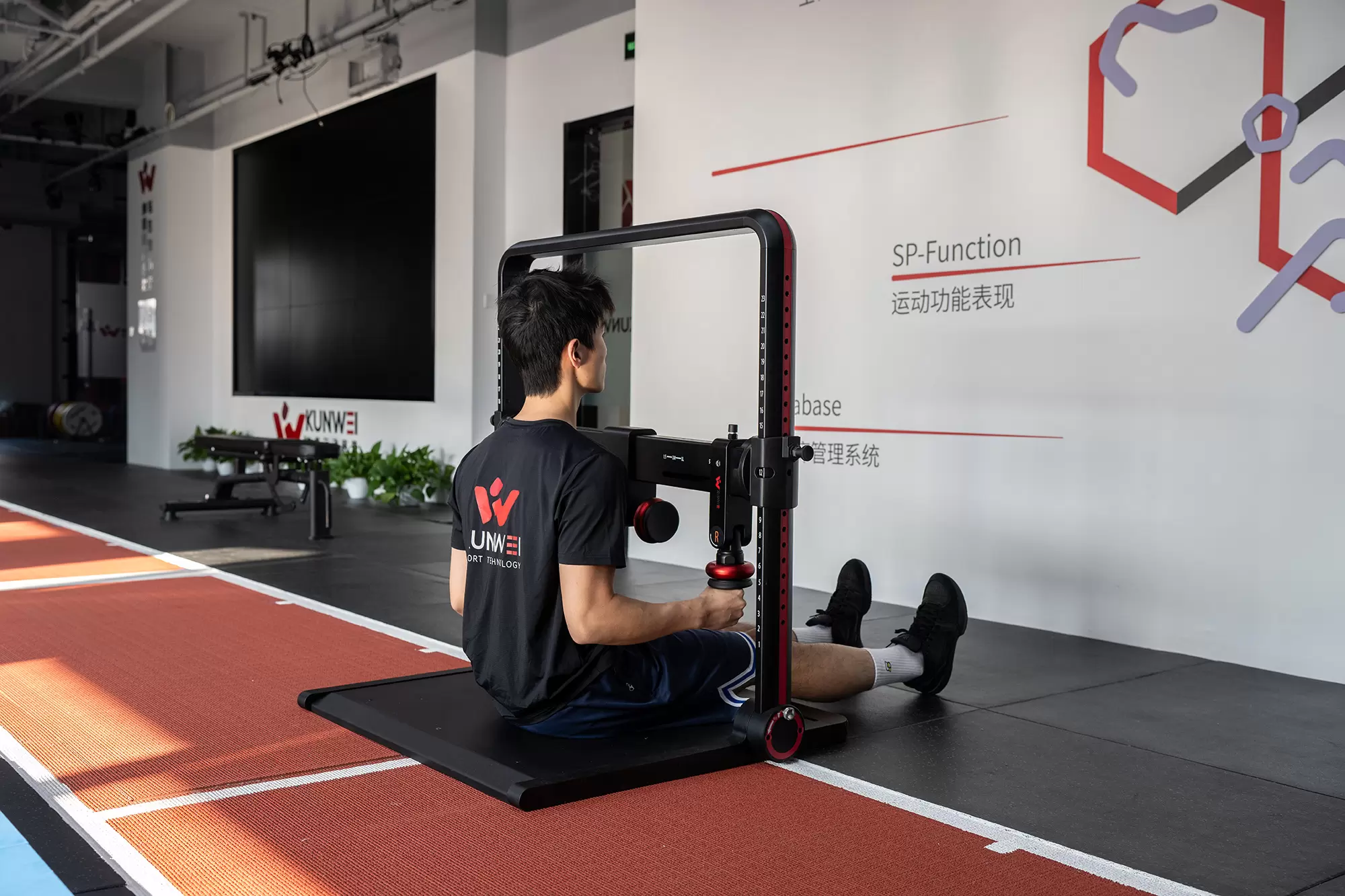
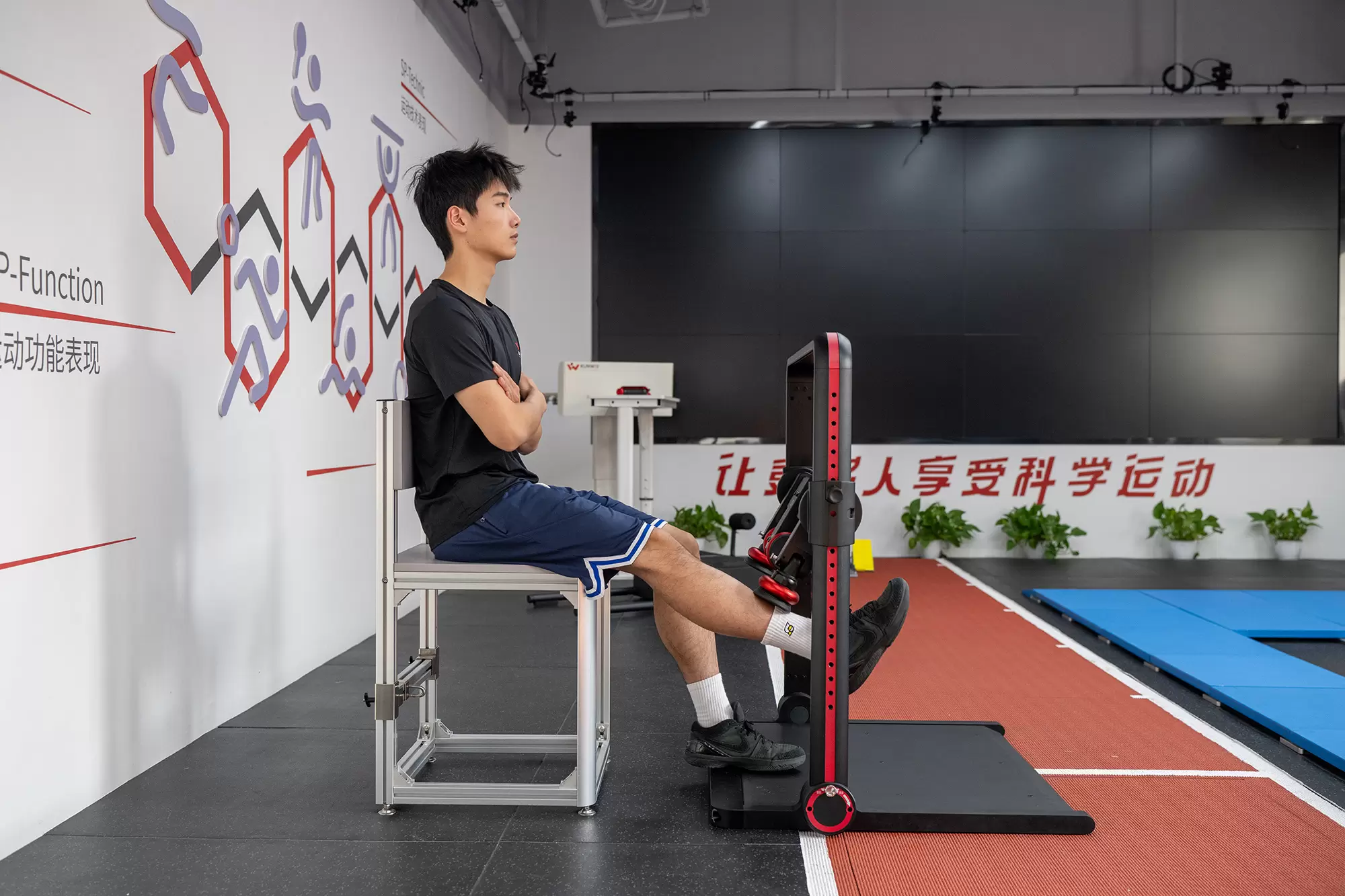

 Online Consultation
Online Consultation Downloads
Downloads